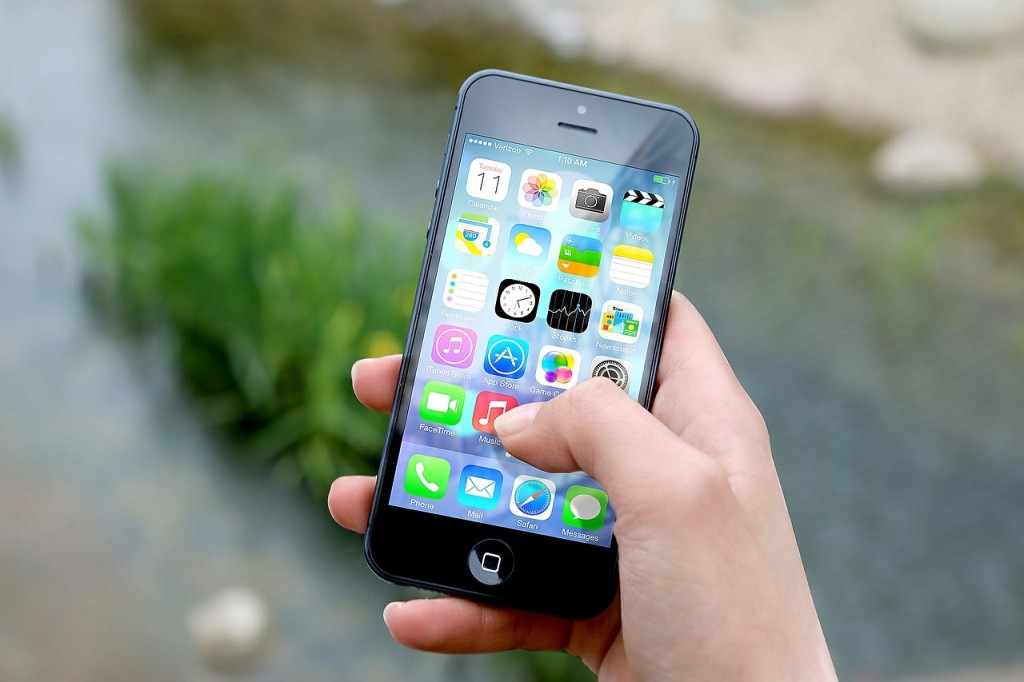The mobile application industry has been growing exponentially over the last few years. With smartphone adoption rates skyrocketing and data costs going down, experts are predicting that the worldwide mobile app market will be worth $77 billion dollars by 2017.
As an entrepreneur, app development is a great place to invest your time and money. But one of the most important things that you need to take care of is your legal position. If you don’t handle your legal situation well, you might end up losing your hard-earned money and finding out that all the time you spent on the app has been wasted.
Never assume that you will deal with legal issues if and when your app takes off and becomes famous, because the bigger the scope of the problem, the harder it’s going to be for you to deal with it.
1. Use NDA’s Liberally
Remember to make anyone who you share your ideas with sign NDAs (Non-Disclosure Agreements). These agreements ensure that a certain level of discretion will be maintained about the project. NDA’s might not be the best thing to use in courts (if you look at precedents), but it’s better to have shaky protection than to have none at all.
2. App Developer Contract
You will also need to find a good app developer to create the app. When interviewing prospective developers, make sure you use NDAs. Create an app developer contract and make the developer sign it. Without this, the developer might create the code and not sign ownership of the app to you.
An app developer contract is also going to make your relationship with the developer much easier since it sets out exactly what you expect the developer to do. It also specifies the costs and the timeline you expect to follow with the project. Make sure you deal with every minute detail in this document. In fact, have your lawyer look over it to ensure that there are no loopholes in the document.
3. IP Protection
Before putting your app in the public domain, make sure you get official Intellectual Property protection. Once you know exactly what categories your app fits into, it’s actually a very quick online process.
You can protect your app even further by creating a patent. This will really help you if the app has some unique functionality, since the patent won’t allow anyone to copy it. You can also use IP Australia for this.
4. Entity Creation
Although it’s not necessary, it’s a great idea to create an LLC to limit your liability. There are a thousand problems you might face and there’s no way to know who’s going to sue you for what.
If you create an entity such as a corporation or an LLC, you don’t need to worry about your personal possessions being affected by business problems. Even if someone sues you and wins, you’ll only lose the money you’ve invested in the LLC. Only your business assets can be seized in such a case.
It doesn’t matter that you’ve made only one small app; that tiny app can put you in a lot of trouble. It’s worth the extra time and money to create a business entity.
5. App Specifics
This is a very important aspect of app development and it is what gets a lot of people in trouble. Your app needs to have its own terms of use that protect you. Don’t rely on the Google Play Store or App Store’s terms and conditions; those are geared toward protecting Google and Apple and dump all the risk on you.
You also need to confirm with your developer that your app is running on the bare minimum of permissions required. If your app is accessing other information, especially personal information, you might be accused of wrongfully collecting and using private information.
If your app does collect personal information, it’s a good idea to include a privacy policy and disclaimer that users will have to agree to.
Once you’re done with all the legal aspects of the development, you’re ready to promote your app. Use social media channels to promote it. Market your app according to your budget. And please, don’t hesitate to get your lawyer to advise you more specifically about each part of the project, especially the app developer contract.
And as much as you might see these legal formalities as a lot of work, they’ll go a long way towards protecting you from any potential problems in the future. Remember that a stitch in time saves nine!
